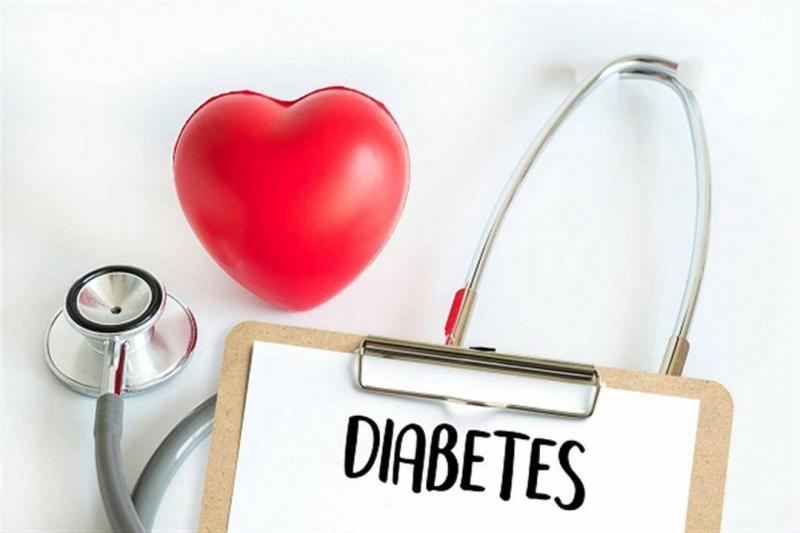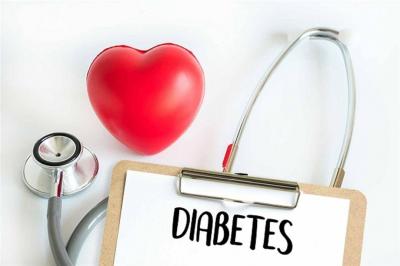The celebration of World Hypertension Day on May 17 each year aims to raise awareness among patients around the world, especially in low- and middle-income countries, about this life-threatening disease, which is one of the leading causes of early death globally, according to the health-focused website Boldsky. During this celebration, key scientific achievements for protecting human hearts are highlighted, along with the launch of new tools and supportive measures to prevent the risks associated with high blood pressure.
**Blood Pressure and Diabetes**
High blood pressure is often associated with diabetes (type 1, type 2, and gestational diabetes). Numerous studies have found that high blood pressure is one of the major risk factors for diabetes, which can lead to heart failure, stroke, and other cardiovascular diseases. This is why a significant number of deaths from heart disease occur among diabetic patients. According to a study conducted in India, the prevalence rates of diabetes and high blood pressure increase among middle-aged and elderly individuals in all geographical areas (both urban and rural), indicating that living standards and economic status have no impact on the occurrence of these conditions.
**Interconnected Relationship**
A study published in the PMC scientific journal titled "Comorbidities of Diabetes and Hypertension" showed that about 75% of adults with diabetes also suffer from high blood pressure, while insulin resistance symptoms are evident in the majority of individuals with high blood pressure. High blood pressure and diabetes are both chronic and interrelated conditions, sharing common risk factors such as ethnicity, lifestyle, and overlapping complications (both large and small blood vessels) through common mechanisms.
**Complications of High Blood Pressure**
Complications from large blood vessels include stroke, heart failure, and peripheral heart disease, while complications from small blood vessels include neuropathy, nephropathy, and retinopathy. Cardiovascular diseases are among the top three causes of death worldwide, where both high blood pressure and diabetes are significant risk factors. The relationship between high blood pressure and diabetes has also created a substantial economic burden on society, with an estimated annual expenditure of about $76.6 billion on treating high blood pressure and its complications, while caring for diabetes patients costs around $174 billion.
**Normal Levels**
High blood pressure is measured by two numbers: systolic and diastolic. According to the American Heart Association, the blood pressure ranges are as follows:
- Normal: Systolic less than 120 mmHg and diastolic less than 80 mmHg.
- Elevated: Systolic between 120-129 mmHg and diastolic more than 80 mmHg.
- Stage 1 Hypertension: Systolic between 130-139 mmHg and diastolic between 80-89 mmHg.
- Stage 2 Hypertension: When systolic pressure is greater than or equal to 140 mmHg and diastolic pressure is greater than or equal to 90 mmHg.
- Hypertensive Crisis: When systolic pressure exceeds 180 mmHg and diastolic exceeds 120 mmHg, indicating a hypertensive crisis that requires immediate medical attention.
**Treatment Approaches**
1. **Lifestyle Changes**: This is the primary and most prominent method for managing high blood pressure or preventing future risks. Some recommended lifestyle changes include:
- Losing excess weight, especially for those in the stage 1 hypertension category.
- Following the DASH diet, which involves reducing sodium intake, increasing potassium consumption, and boosting the servings of fruits and vegetables.
- Engaging in physical activity regularly for at least 30-45 minutes, suitable for age and health status.
- Addressing sleep issues such as sleep apnea, which is also a leading cause of high blood pressure related to diabetes.
- Quitting smoking, as it raises the risk of both high blood pressure and diabetes.
- Pregnant women taking Ayurvedic herbs to relieve pain and limit vascular issues.
2. **Medication Treatment**: Doctors mainly recommend treating high blood pressure with medications that help reduce the risk of other heart diseases, tailored to each individual's needs, such as:
- ACE Inhibitors
- Angiotensin II Receptor Blockers (ARBs)
- Diuretics such as thiazides
- Calcium channel blockers such as dihydropyridine.
It is important to note that recommendations from the American College of Obstetricians and Gynecologists (ACOG) state that women with mild gestational hypertension should not be treated with antihypertensive medications.




